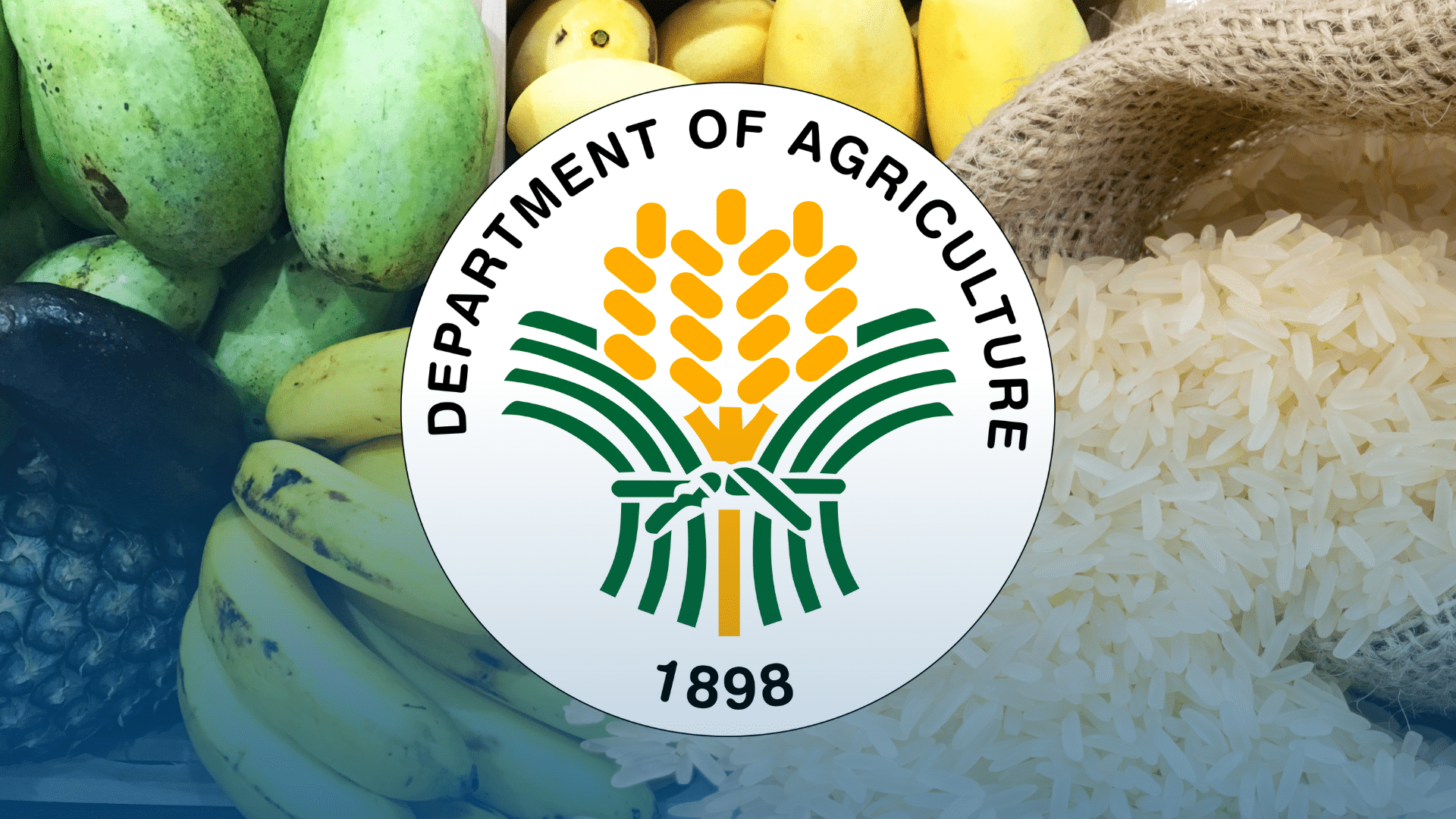
UNFAVORABLE base effects and lingering upside risks will continue to push inflation up in the coming months, analysts said, with the peak likely to be hit in July.
Consumer price growth rose for a fourth straight month in May to 3.9 percent, from April's 3.7 percent, due to rising housing, power and utility costs. It was lower, however, than the 4.0 percent expected by economists.
"We think the upward momentum may persist in the next two months given unfavorable base effects, weaker peso and lingering food supply issues," Bank of the Philippine Islands (BPI) senior economist Emilio Neri said in a note.
Food inflation has already slowed to 6.1 percent last month from April's 6.3 percent. Rice inflation, which contributed to the uptick in inflation from the previous months, also declined to 23.0 percent from 23.9 percent.
Neri said inflation would return to target in August and settle at 3.5 percent this year.
Metrobank Research and Market Strategy echoed his outlook, saying that inflation will peak in July and begin its downward trend in August.
Its full-year forecast, however, is a higher 4.0 percent.
Chinabank Research also noted unfavorable base effects and upside risks but said that recent nonmonetary interventions such as tariff cuts on key commodities and the exemption of trucks carrying farm goods from toll fee hikes could have a positive impact.
"These measures could result in a lower inflation path than previously projected and help ensure full-year inflation settles firmly within the BSP's (Bangko Sentral ng Pilipinas) target," it said.
Improving inflation, Chinabank Research said, could give the Bangko Sentral ng Pilipinas enough reason to cut rates sooner despite the attendant risks.
"This encouraging development in inflation, despite risks still tilted to the upside, could prompt the central bank to adopt an even less hawkish stance in its policy meeting this June," it said.
"Furthermore, the favorable inflation outlook, supported by the government's nonmonetary measures to ease price pressures, will also likely boost optimism for imminent rate cuts from the BSP."
Neri, meanwhile, said rate cuts will only be considered once inflation stabilizes within the BSP's target range in the third or fourth quarter.
While BSP Governor Eli Remolona Jr. has said that cuts could start ahead of the US Federal Reserve (Fed) in August, the BPI economist said "a narrowed interest rate differential increases the risk of currency depreciation, which could outweigh recent deceleration in food prices."
He expects a rate cut of around 50 basis points this year, assuming the Fed eases in the second semester.
Read The Rest at :







